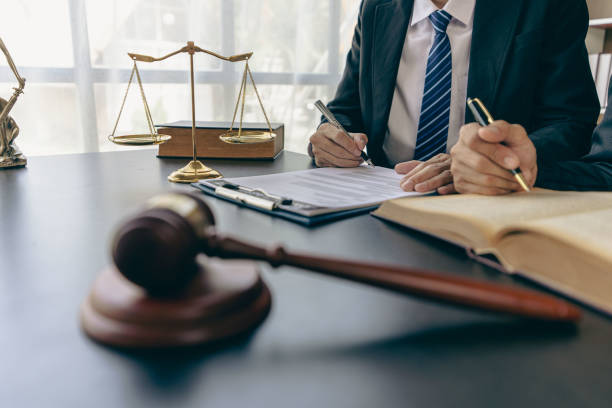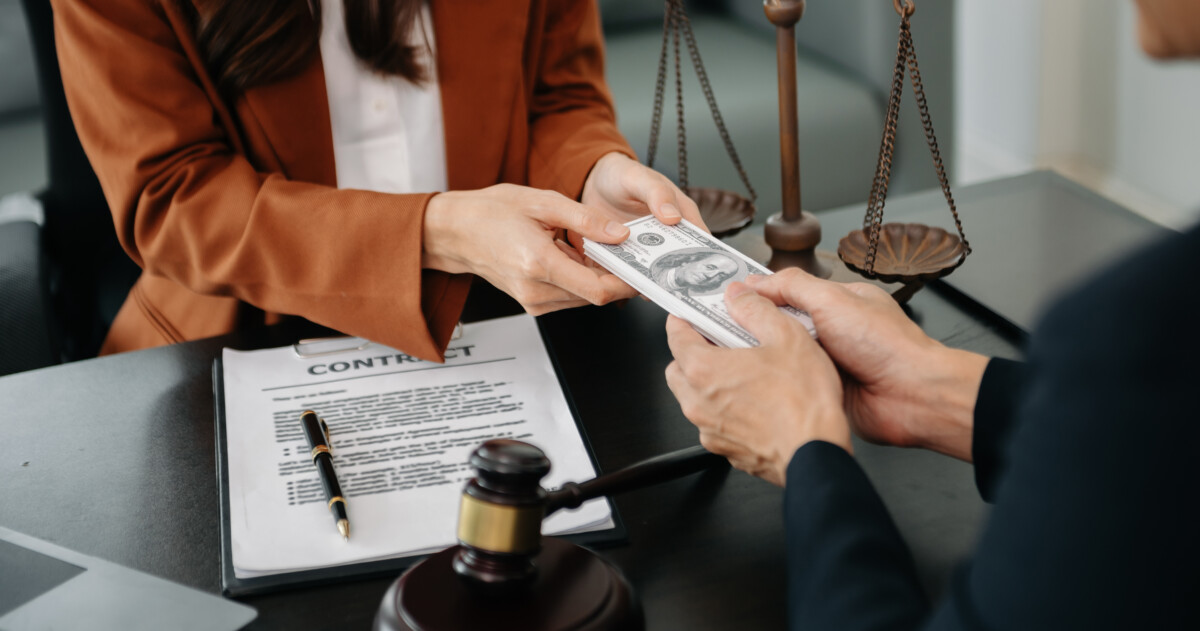What to Ask in a Free Divorce Lawyer Consultation?

Free Divorce Lawyer Consultation: Everything You Need to Know
A free divorce lawyer consultation is a valuable opportunity for individuals considering divorce. This initial meeting allows you to assess the attorney’s experience, discuss potential legal strategies, and understand the costs involved. Proper preparation ensures you get the most out of this session, setting the stage for an informed decision about your legal representation.Key Benefits of a Free Divorce Lawyer Consultation
A free divorce lawyer consultation provides insight into the legal process, helping you make informed decisions about your case. The key advantages include:- Legal Guidance: Gain a basic understanding of divorce laws and how they apply to your situation.
- Case Evaluation: The lawyer reviews your case and highlights potential challenges and outcomes.
- Cost Breakdown: Get a detailed explanation of legal fees and potential expenses.
- Strategy Discussion: Learn about different legal approaches, including negotiation and litigation.
- Confidence in Representation: Assess whether the lawyer is the right fit for your needs.

Ready to connect with top legal professionals? Get immediate support— Call us at 877-550-8911.
Important Questions to Ask About Legal Fees
Legal fees can significantly impact your divorce proceedings. Asking the right questions during the consultation ensures you understand all financial obligations.- What is your fee structure—flat fee, hourly rate, or retainer?
- Are there additional costs such as court fees or mediation expenses?
- Do you offer payment plans or alternative fee arrangements?
- What services are covered under your fees?
- Can you provide an estimate of the total cost based on my situation?
Assessing the Lawyer’s Experience with Divorce Cases
A lawyer’s expertise directly impacts the outcome of your case. During the consultation, focus on their experience in handling similar divorce cases:- How many divorce cases have you managed?
- Do you specialize in contested or uncontested divorces?
- Can you share examples of past cases with successful outcomes?
- How do you handle complex cases involving assets and custody disputes?
- What is your experience with local court procedures and judges?
Evaluating the Lawyer’s Approach to Your Case
Every divorce case is unique, and the lawyer’s approach should align with your needs. Important aspects to discuss include:- Negotiation vs. Litigation: Some attorneys focus on amicable settlements, while others are skilled litigators.
- Custody and Support Strategy: If children are involved, ask how they approach custody and child support matters.
- Asset Division: Discuss strategies for equitable distribution of property and finances.
- Communication Style: How frequently will the lawyer update you on case progress?
- Potential Challenges: What obstacles might arise in your case, and how do they plan to address them?
Questions About the Divorce Process and Timeline
Knowing what to expect in terms of legal procedures and timelines helps manage expectations. Ask the lawyer:- What are the major steps in the divorce process?
- How long does a typical divorce case take?
- What factors can delay the proceedings?
- Do you foresee any complications in my case?
- Is mediation a viable option to speed up the process?
Addressing Child Custody and Support Concerns
Child custody and support are among the most critical aspects of divorce. Ensure you address these concerns during the consultation:- What factors influence custody decisions?
- How is child support calculated?
- Can custody agreements be modified in the future?
- What happens if my spouse and I cannot agree on custody terms?
- How do courts determine what is in the best interest of the child?

Lawyer’s Communication Style and Availability
A responsive and communicative lawyer makes the legal process smoother. Evaluate their communication approach by asking:- How do you prefer to communicate—email, phone, or in-person meetings?
- How often will I receive case updates?
- Are you available for urgent legal matters?
- How quickly do you typically respond to messages?
- Will I be working directly with you or your legal team?
Preparing for Your Free Divorce Lawyer Consultation
Proper preparation enhances the effectiveness of your consultation. Here’s how you can get ready:- Gather Documents: Bring financial records, prenuptial agreements, and any relevant court orders.
- List Your Concerns: Outline key issues like asset division, custody, and alimony.
- Prepare Questions: Have a list of inquiries about fees, case strategy, and expected outcomes.
- Be Honest: Provide accurate information to receive relevant legal advice.
- Take Notes: Jot down important details discussed during the consultation.
External Factors That May Impact Your Case
Divorce cases are influenced by various external factors, including:- State Laws: Divorce laws differ across states, affecting custody, asset division, and alimony. You can refer to the USA.gov Divorce Resources for official information on state-specific divorce laws.
- Financial Circumstances: Income, debts, and property ownership impact the financial settlement.
- Spousal Cooperation: A cooperative spouse leads to a smoother process, while conflicts prolong the case.
- Children’s Needs: Courts prioritize the best interests of the children when deciding custody.
- Judicial Discretion: Judges have the authority to interpret laws based on case specifics.
FAQs
1. How long does a divorce take? The duration depends on case complexity. Uncontested divorces may take a few months, while contested cases can extend beyond a year. 2. Can I change lawyers after hiring one? Yes, you can switch lawyers if you are unsatisfied with their service. Ensure all legal documents are transferred smoothly. 3. What if my spouse refuses to cooperate in the divorce? A lawyer can help navigate contested divorces, using court intervention if necessary. 4. Do I need a lawyer for an uncontested divorce? While not mandatory, hiring a lawyer ensures all legal paperwork is correctly filed and protects your rights. 5. How can I reduce the cost of my divorce? Opting for mediation, limiting court appearances, and maintaining open communication with your spouse can help lower legal fees. Understanding wrongful death damages can provide some relief during a difficult time, ensuring that justice is served and financial burdens are eased.Don’t wait to secure the legal representation you deserve. Visit Legal Case Review today for free quotes and tailored guidance, or call 877-550-8911 for immediate assistance.


